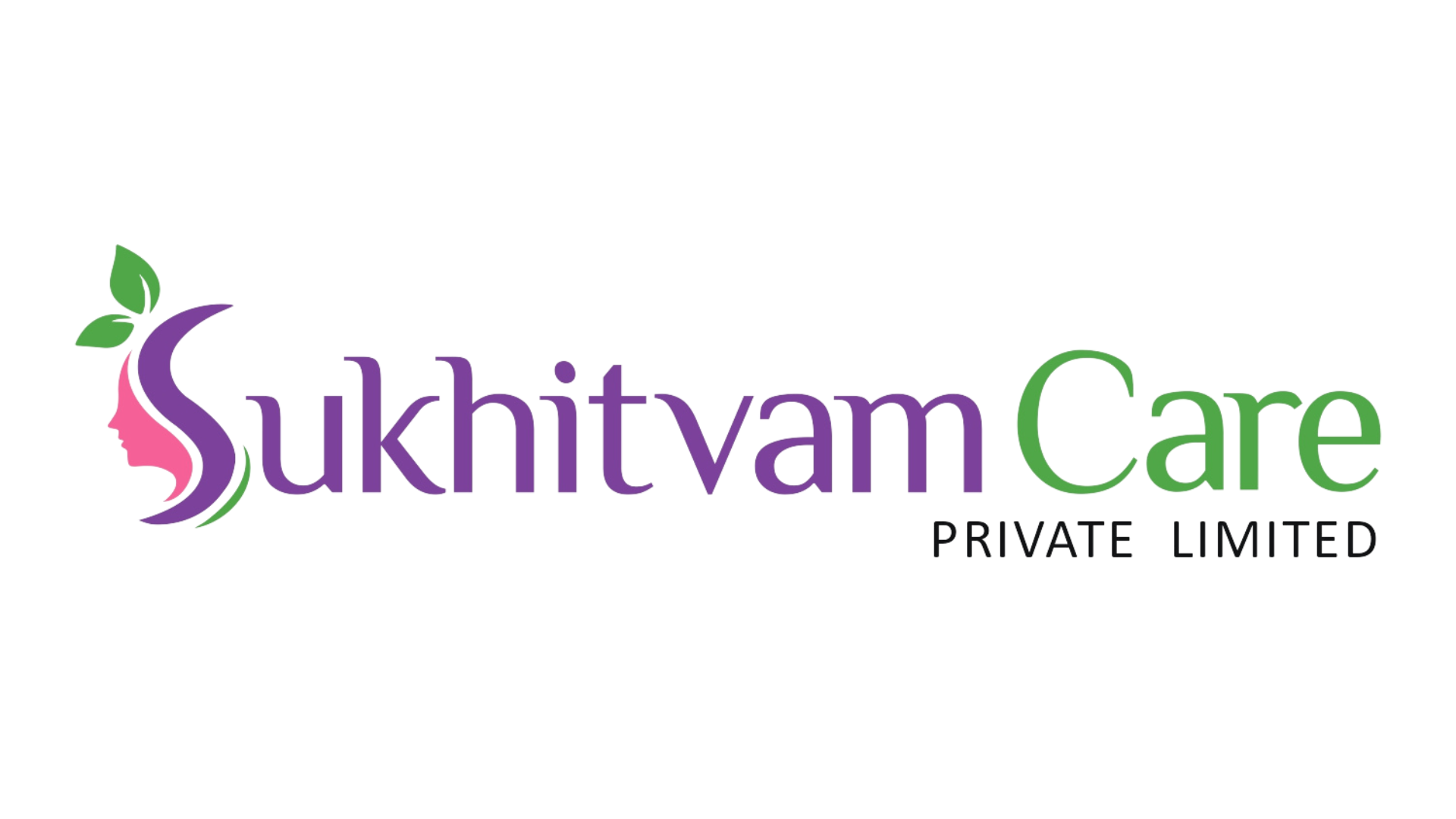
For many women, the decision to conceive is not always met with immediate success. Sometimes, even with the intent, the body needs time, nourishment, and balance to be ready.
Fertility is not just about reproductive organs. It’s about overall wellness — your hormones, your stress levels, your digestion, and even your sleep.
This blog is about laying the foundation. Whether you’re actively planning or just trying to understand your body better, these habits are designed to bring your system into a state of natural readiness — not just for conception, but for long-term health.
1. Understanding Fertility Beyond Timing
Fertility is often misunderstood as something that begins when you want a child.
But in reality, your diet, habits, and emotional health over the years shape the quality of your eggs, your ovulation, and your hormonal cycle.
According to a 2024 WHO study, nearly 1 in 6 women globally experience fertility challenges — but in many cases, they stem from lifestyle imbalances, not medical conditions.
Fertility isn’t a switch. It’s a system — and it thrives in balance.
2. Food That Supports Fertility — and What to Avoid
What you eat directly impacts your hormones, ovulation, and egg health. Fertility-supportive foods focus on nourishment, not restriction.
Nutrients That Boost Fertility:
- Folate (not just folic acid): found in spinach, lentils, and chickpeas
- Iron: from ragi, dates, jaggery, and green leafy vegetables
- Omega-3s: from walnuts, flaxseeds, chia seeds
- Zinc and B12: from eggs, pumpkin seeds, dairy
Foods to Minimize:
- Refined sugar and white carbs (cause inflammation)
- Excess caffeine (more than 2 cups/day)
- Packaged snacks high in trans fats
- Alcohol and smoking (reduce egg quality)
3. Movement and Weight Balance
Both too little and too much weight can disrupt ovulation and hormone levels. Polycystic Ovary Syndrome (PCOS), thyroid issues, and irregular periods are all influenced by weight.
Movement doesn’t mean intense workouts. Instead, focus on:
- Brisk walking or yoga (5 days a week)
- Gentle strength training
- Stretching and pelvic floor exercises
Regular physical activity helps regulate insulin, support hormonal rhythm, and reduce inflammation — all vital for reproductive health.
4. Stress: The Hidden Fertility Disruptor
One of the most overlooked aspects of fertility is stress.
High cortisol levels interfere with the release of reproductive hormones like LH and FSH. This affects ovulation, reduces libido, and delays conception.
If your mind is always in survival mode, your body deprioritizes reproduction — biologically, it sees stress as a signal that this may not be the right time to support a new life.
Create space for:
- Breathwork or mindfulness
- Journaling or talk therapy
- Digital detox hours
5. Sleep and Circadian Health
Sleep is not just recovery — it’s when your body resets hormonal cycles.
Poor sleep affects melatonin, which influences ovulation, and reduces the body’s ability to maintain a balanced cycle. Aim for 7–8 hours of consistent sleep, preferably by 10:30 PM.
- Reduce screen time before bed
- Avoid late-night snacking
- Keep sleep and wake times steady
Sleep is one of the most natural fertility aids — yet the most ignored.
Final Thoughts
Fertility is not a race against time. It’s a return to rhythm.
Instead of waiting for a problem to arise, build your foundation now. Eat to nourish, move to support, rest to recover, and listen to what your body is saying.
Because the journey toward motherhood doesn’t start with a test result — it begins with daily choices, consistent care, and quiet preparation.
Frequently Asked Questions (FAQs)
1. Can diet alone help me conceive?
Diet plays a major role, but fertility is multifactorial. Nutrient-dense eating, when combined with balanced lifestyle habits and emotional health, significantly improves your chances.
2. How long before trying to conceive should I begin fertility-focused habits?
Ideally, begin at least 3–6 months before trying. Egg development and hormonal cycles take time to regulate and respond to lifestyle changes.
3. I have PCOS. Can these habits still help me?
Yes. In fact, fertility-friendly diets and stress-reducing practices are especially important for managing PCOS. Focus on low-GI foods, movement, and sleep hygiene.
4. Is it okay to drink coffee while trying to conceive?
Moderate caffeine (1–2 small cups per day) is generally considered safe, but excessive intake can affect hormonal function and reduce absorption of vital nutrients.
5. Can stress really delay conception?
Yes. Chronic stress can interfere with ovulation, hormonal balance, and libido. Even if physical health is perfect, stress can silently disrupt fertility pathways.

